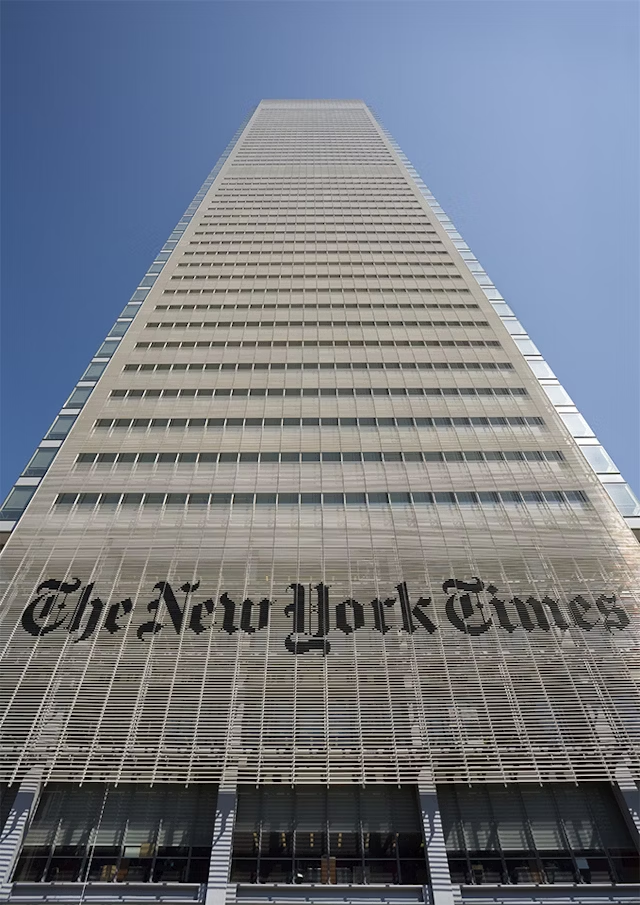The rise of digital paywalls is not just a business strategy; it"s a direct assault on our democratic rights, siphoning $8 billion from public discourse and locking critical information behind financial barriers. As media companies increasingly adopt paywalls, the implications for civil rights and access to information are staggering. This trend threatens to create a society where only those who can afford to pay for news can participate in the democratic process.
Paywalls Create Information Inequality
According to research from the National Institutes of Health, digital paywalls act as mechanisms for price discrimination, limiting access to news based on a reader"s financial means. This creates a tiered system of information—one where the wealthy can afford comprehensive news coverage and the less affluent are left with scant free offerings that often do not cover important issues. The ramifications are clear: when marginalized communities cannot access vital information, their voices are effectively silenced in the public square.
Legal and Ethical Concerns Arise
The ethical implications of paywalls extend into the realm of civil rights. As reported by experts at the University of Pennsylvania, the proliferation of paywalls raises questions about the very foundation of democratic governance. What happens when critical news that informs citizens about their rights and responsibilities is only available to those who can afford it? This raises serious concerns about the fairness of our electoral processes and the informed electorate that is essential for functioning democracy.
\n\n
2023 - Sen. Amy Klobuchar Visits the 133rd Airlift Wing ...
Impact on Local Journalism
Local journalism, often seen as the backbone of community engagement, is particularly vulnerable to the paywall phenomenon. With community news outlets struggling to survive in an increasingly competitive digital landscape, the imposition of paywalls threatens to obliterate local voices and perspectives. As smaller outlets turn to this model, they risk alienating the very audiences they aim to serve. According to a study on media demand by MIT, the demand for local news decreases significantly when paywalls are introduced, leading to a cascade of negative consequences for community cohesion and political engagement.
Democratic Disengagement and Polarization
As access to information becomes increasingly contingent on one’s ability to pay, we see a disturbing trend: democratic disengagement. Studies indicate that individuals who are unable to access news due to financial barriers are less likely to participate in civic activities, such as voting or attending town hall meetings. This disengagement fosters a cycle of polarization, as communities become increasingly divided along economic lines. Research shows that when people lack access to diverse viewpoints, their political beliefs become more entrenched, leading to greater societal division.
\n\n
The New York Times Building
Call to Action for a Fairer Information Landscape
The solution to this crisis must be rooted in a commitment to equitable access to information. Policymakers need to consider regulations that promote transparency and inclusivity in news consumption. Potential solutions include government subsidies for local journalism, creating public funding models for news organizations, and advocating for open-access policies that prioritize the public good over profit margins. As advocates for civil rights, we must demand that our news media serve as a public resource rather than a gated community accessible only to the wealthy.







![[Video] Gunfire between Iraqi security forces and Sadr militias in Baghdad](/_next/image?url=%2Fapi%2Fimage%2Fthumbnails%2Fthumbnail-1768343508874-4redb-thumbnail.jpg&w=3840&q=75)
